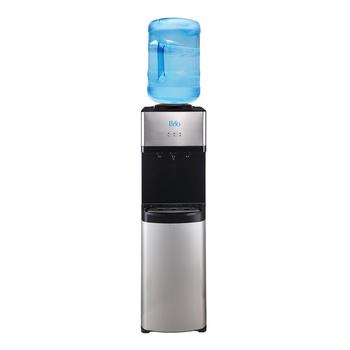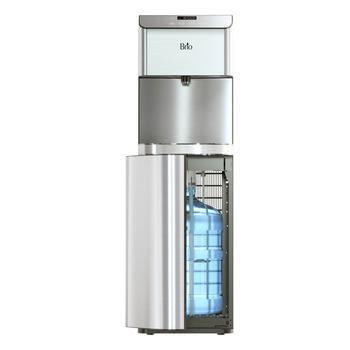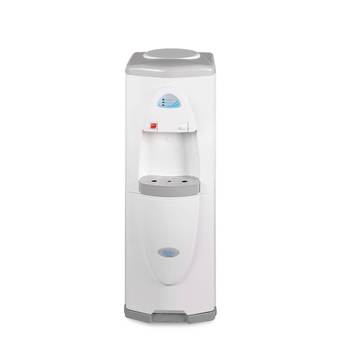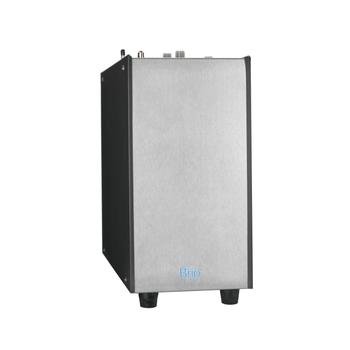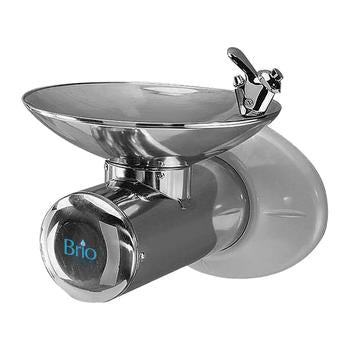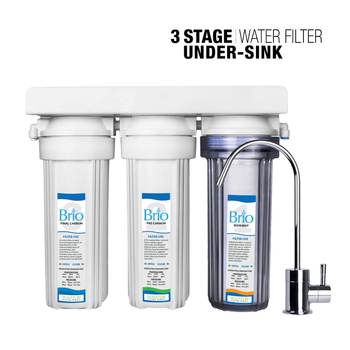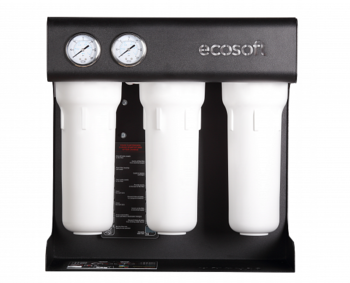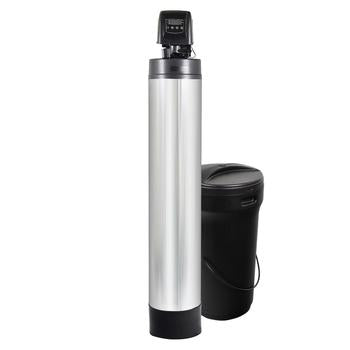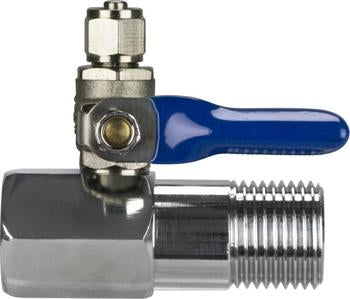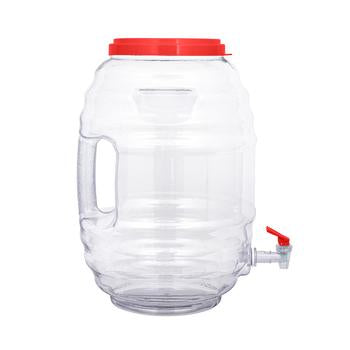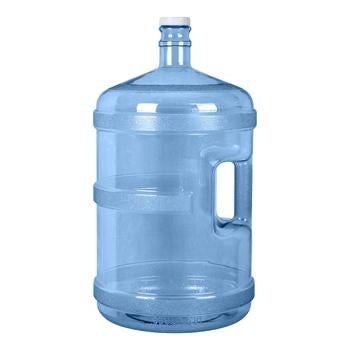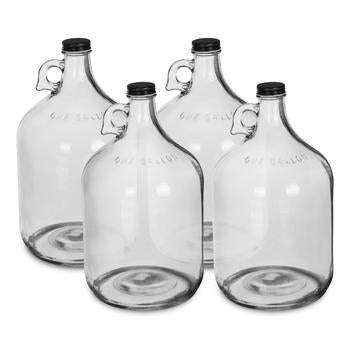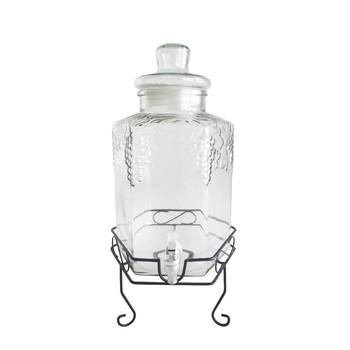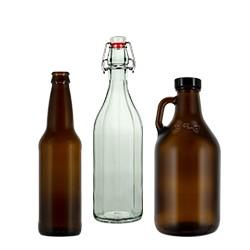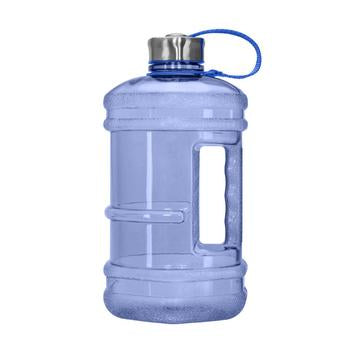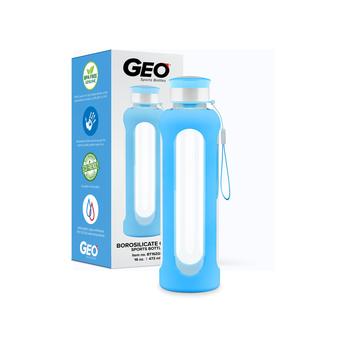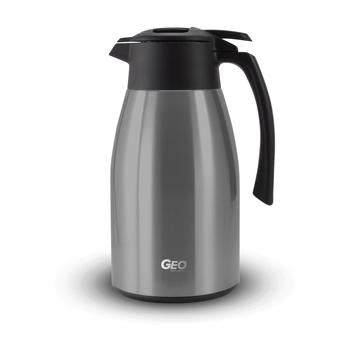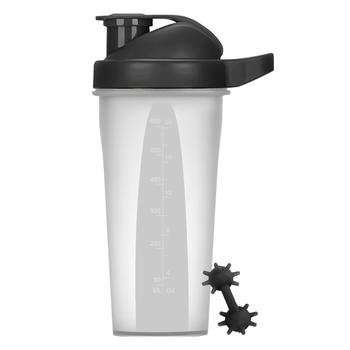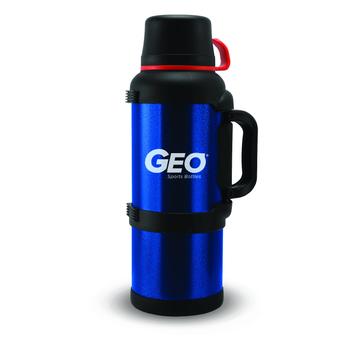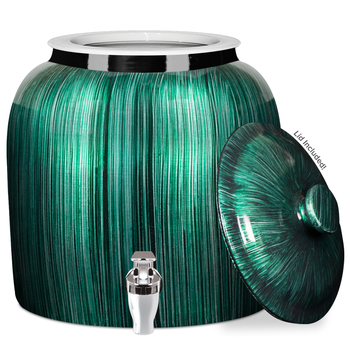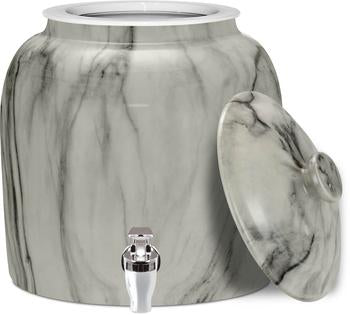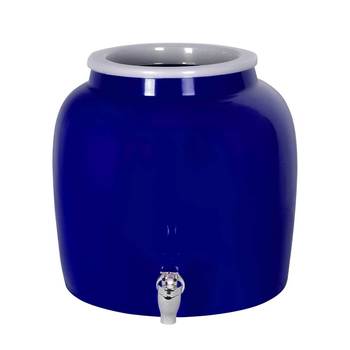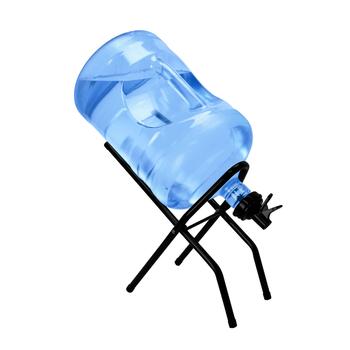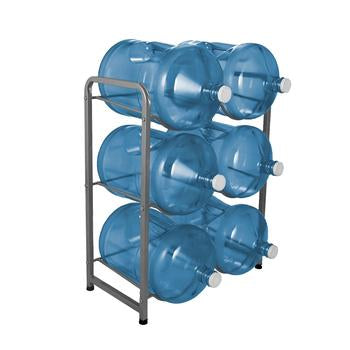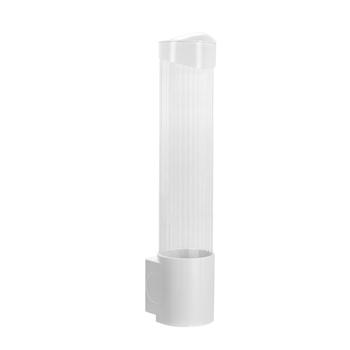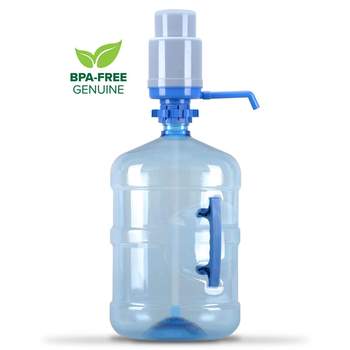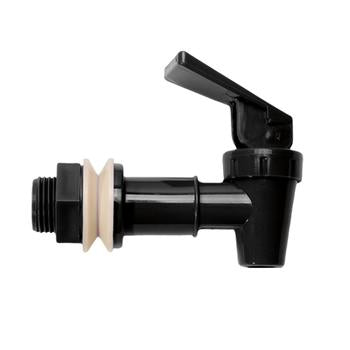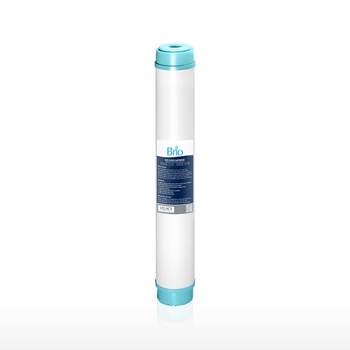
Dry Fasting—Good or Bad?
By Sheila Anthony
Struggling to lose the “quarantine 15?” You’re not alone. Forty-two percent of surveyed adults said in the last 12 months they gained, on average, 29 pounds. Source: apa.org
Perhaps you’re thinking of giving intermittent fasting (or IF) a try. You’ve heard good things. Friends have tried it with success. Then you hear about dry fasting. Not only do you give up food for a day or two, you abstain from any and all hydration too. Hence, the “dry” part. Great! You’ll lose even more weight that way. And it’s only for a day or two, so you decide to give it a try.
But, first, some thoughts.
Fasting for spiritual reasons vs. fasting for health reasons.
Fasting for spiritual reasons is beyond the scope of this blog. Suffice to say some religions feature dry fasting as an important part of the practice of their faith. However, those religions that do include dry fasting, also include allowable exemptions for situations like age, health problems, pregnancy, and heavy physical labor. Also, this type of fasting lasts, at most, 16 hours and is followed by substantial rehydration.
Fasting for health reasons tends to be a more frequent, year-round practice. The Internet is chockablock with adherents.
When you fast, your body starts to break down muscle and fat. After all, it needs to live on something. There are toxic byproducts of this process that need to be flushed out of your body. To fast effectively, you actually need more water, not less or even your usual amount.
If, on the other hand, you dry fast on a regular basis, you’re not only denying your body food, you’re also denying it crucial hydration. Dry fast long enough (even on and off) and you risk developing kidney stones, urinary tract infections, or even organ failure. Source: latimes.com
Here’s another thing: If you cut back on or eliminate water, your body will produce hormones and chemicals to hang on to what little water there is. Your body’s preference for keeping things in balance is called homeostasis.
Dry fasting may be all the rage with some celebrities, but it’s probably not a good idea to take fasting advice from someone who wants to lose “camera” weight. If you want to give regular (non-dry) fasting a try, best to run it by your doctor first.
And if you do join the intermittent fasting tribe, don’t leave home without a water bottle filled with freshly filtered water. Your body will thank you for it.
When it comes to bottles, GEO Sports Bottles offers lots of sizes in a variety of fun colors. The bottles are also designed to last a long time in rugged conditions and are BPA-free.

